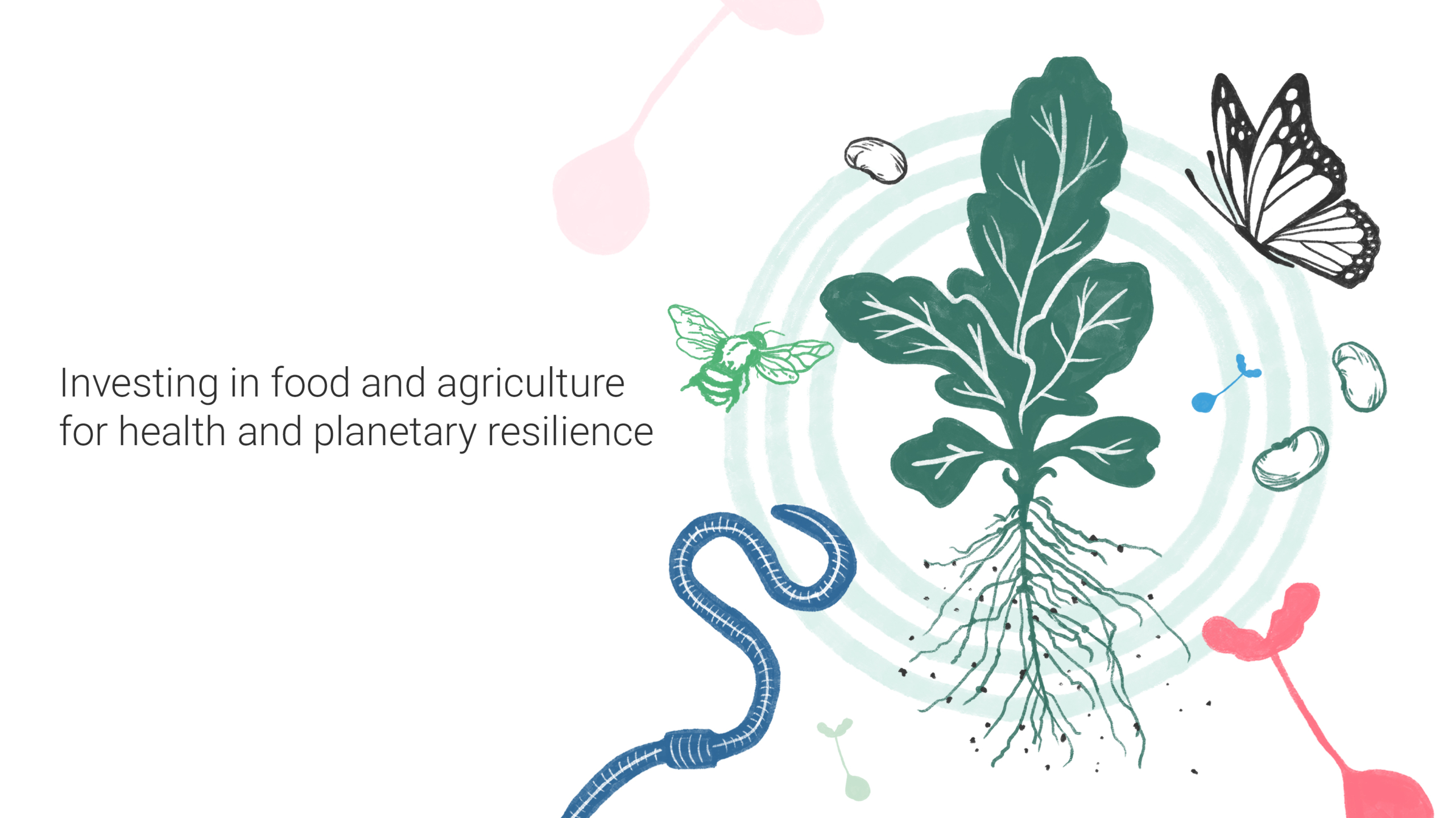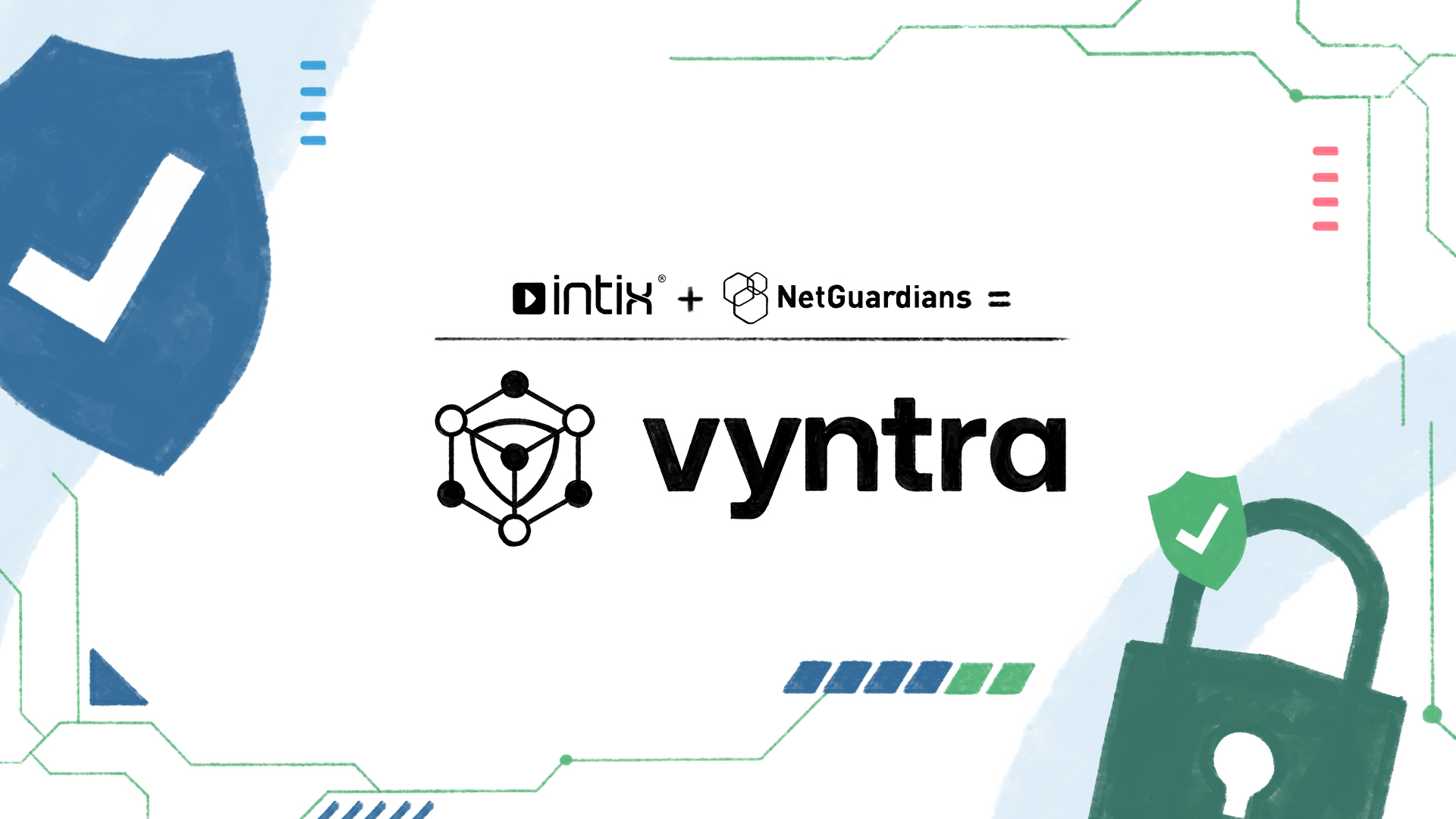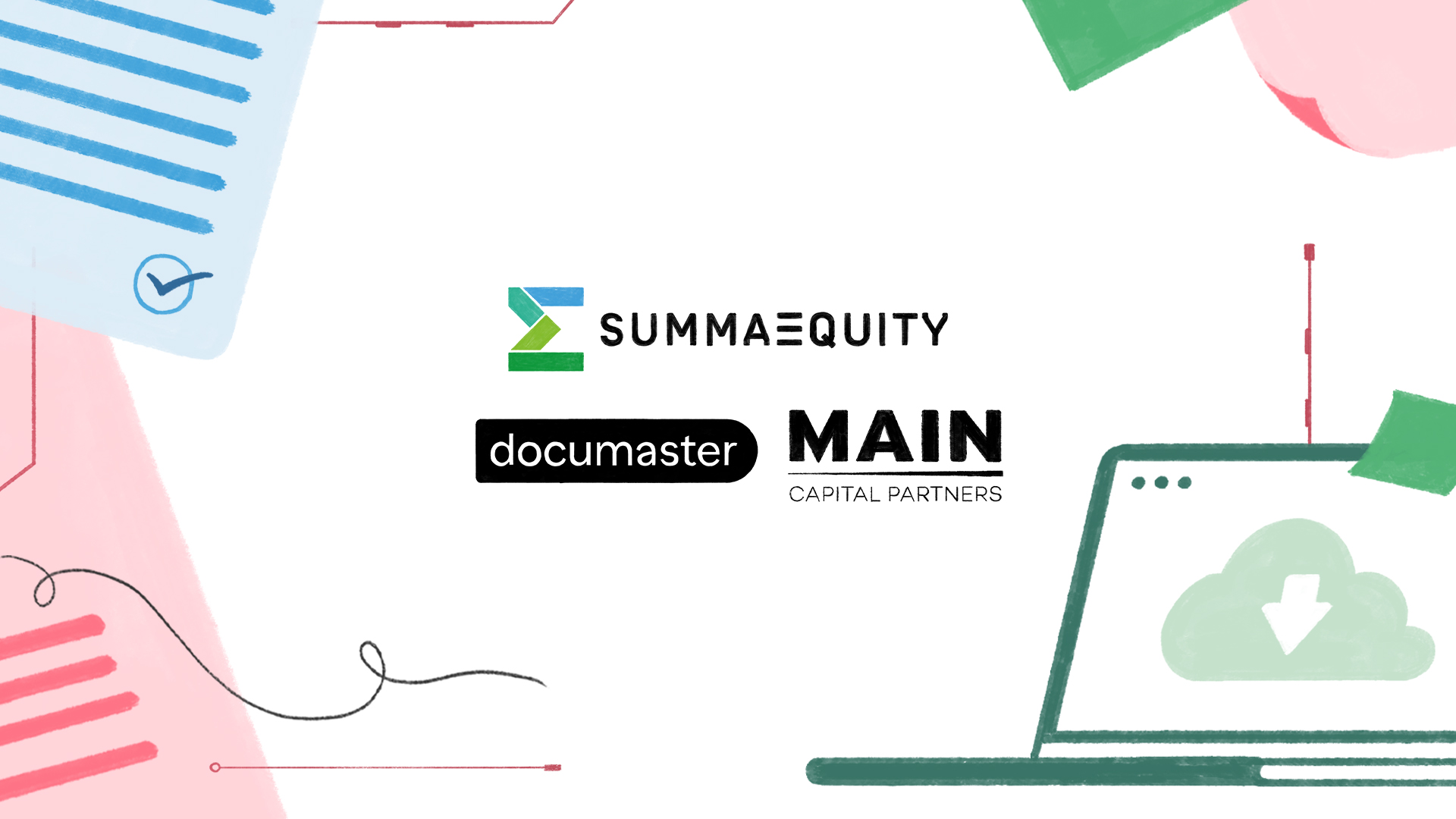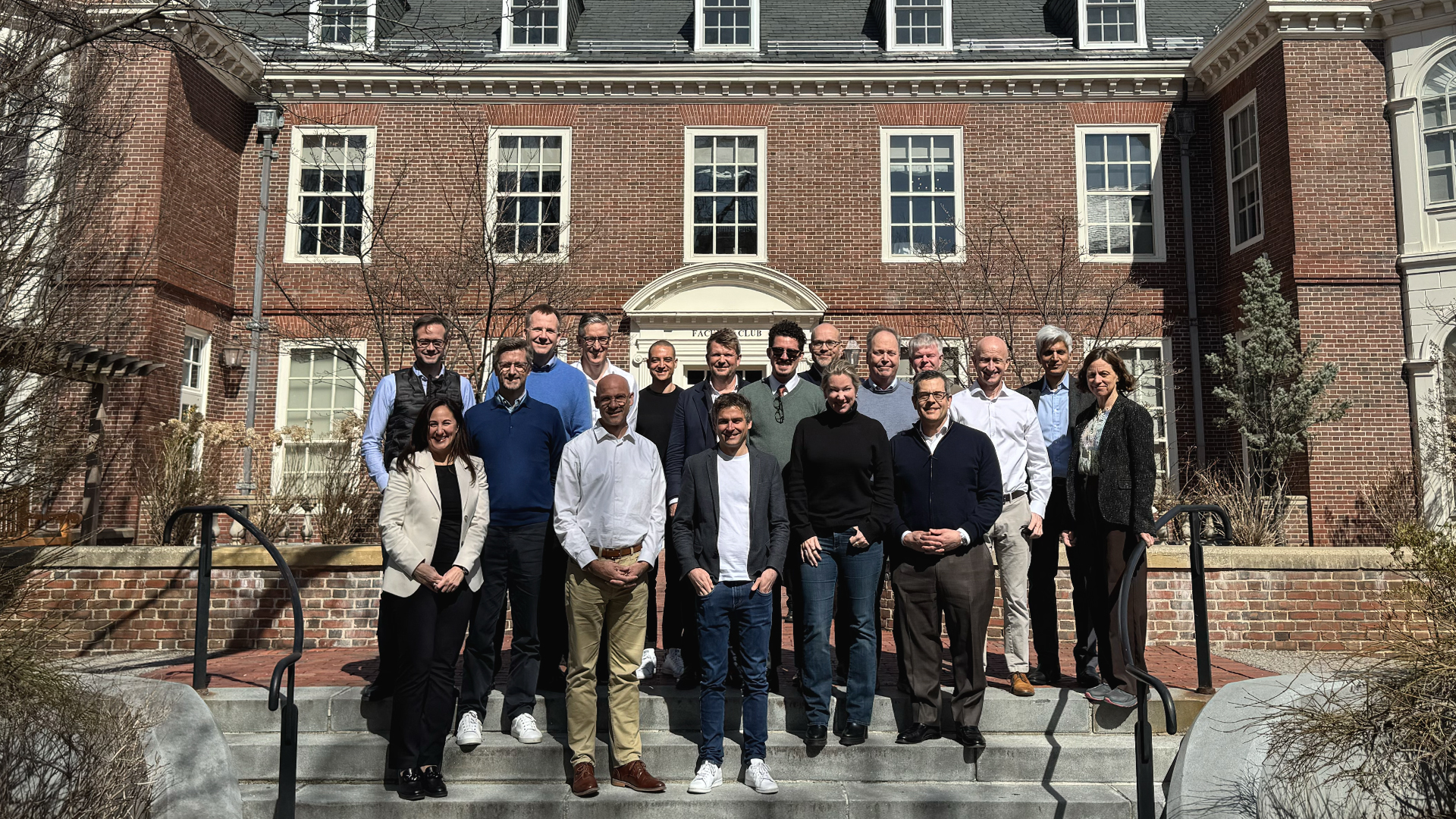Investing in a circular and waste-free Europe
Stockholm, April 19th – A report published today by Summa Equity (“Summa”) identifies EUR 230bn in investment needs by 2040 for new physical assets and infrastructure alone to enable the transition to a circular European economy. Also, the report highlights several opportunities across multiple sectors for the EU circular economy to reach its true potential.
- News
- Impact
- Reports
4 min read

The report, “Investing in a circular and waste-free Europe,” is a sector-defining body of work which closely examines the current state of play in Europe. It highlights areas in which the EU is doing poorly, such as material production and disposal, which generates 850 Mt of CO2e per year, equivalent to 22% of total EU GHG emissions. The report, launched in conjunction with the Harvard Business School event “A trillion-dollar opportunity hiding in plain sight – the Circular Revolution”, sets a clear path toward future prosperity.
One of the most important opportunities identified by the analysis is the need for a new asset base for the circular economy: equipment, processing plants, and supporting infrastructure. The analysis estimates the cumulative investment needed in physical assets to be EUR 230bn by 2040. Such investments can also generate attractive returns, the analysis finds, with the valuation of circular markets potentially exceeding EUR 1.5tn by 2040.
Progress is being made in several regards: the EU has set targets for waste reduction and recycling in key sectors, carbon prices are rising rapidly, and companies are embracing circularity as part of their climate and sustainability strategies. Central to the Summa thesis is the need for companies to lead change and be a force for good, by implementing ESG policies and future-proofing their operations, decarbonizing at speed, and proposing solutions to systemic issues.
The report finds that “an enormous recasting of European markets for materials, waste and physical products” is due by 2030. In turn, circular business models could generate about EUR 265bn revenue in 2030, representing 15% of the physical consumer goods market, and EUR 450bn by 2040. Add savings from materials efficiency, as well as a projected quadrupling of the recycling industry, and the total revenue generated by Europe’s circular economy could be EUR 820bn by 2040. Greenhouse gas emissions could be cut by 650 Mt CO2e – equivalent to the combined emissions of France and Spain, or 55% of the total emissions from the material system in a 2040 business-as-usual scenario.
Summa Equity Founder and Managing Partner Reynir Indahl said:
“Our research and work explore the Theory of Change for achieving a waste-free and circular economy in Europe, which represents an enormous opportunity – a chance to recast the EU economy to sharply reduce waste, reduce emissions, become more self-sufficient, and maximize the value of the materials we use. With this, we seek to inspire, provoke thought, and stimulate discussion on how to drive the circular transition. Together, we can now shape a future where waste is not a problem, but a valuable resource for a prosperous, sustainable, and resilient Europe.”
Summa Equity Partner Bertrand Camus said:
“The circular economy provides Europe with a remarkable opportunity – the chance to build a revitalized, future-proof, economy, which will enhance the continent’s ability to reduce emissions and usher in a new era of industrial prosperity. As evidenced by the research, investment is required, but such outlays come with significant upsides and opportunity. Time is of the essence, and we must move fast.”
*** END ***
About Summa Equity
Summa invests in companies that are solving global challenges and creating positive Environmental, Social, and Governance (ESG) outcomes for society.
Summa’s purpose is to co-create win-win for investors, portfolio companies, and society through aligning its vision and outcomes to the Sustainable Development Goals, ensuring a net-positive impact against ESG challenges, and the potential for long-term, sustainable outperformance.
Investments are focused on industries and companies that have tailwind from megatrends within three sustainability themes: Resource Efficiency, Changing Demographics, and Tech-Enabled Transformation. Across these themes, Summa’s portfolio companies are supporting a world in transition and showing that business can be part of the solution. Summa Equity has c. EUR 4 billion (c. SEK 40 billion) assets under management.
For interviews or more information, please contact:
Hannah Gunvor Jacobsen, Partner and Head of IR at Summa Equity
+47 936 41 960 | hannah.jacobsen@summaequity.com
The Summa Summarum newsletter
Sign up to our newsletter
Latest readings
News
The case for scalable regenerative agriculture
Read more
Investing in food and agriculture for health and planetary resilience
Read more
NetGuardians and Intix unite to form Vyntra
Read more
Planetary boundaries as a guiding framework for sustainable growth
Read more
Summa Equity announces exit from Documaster
Read more